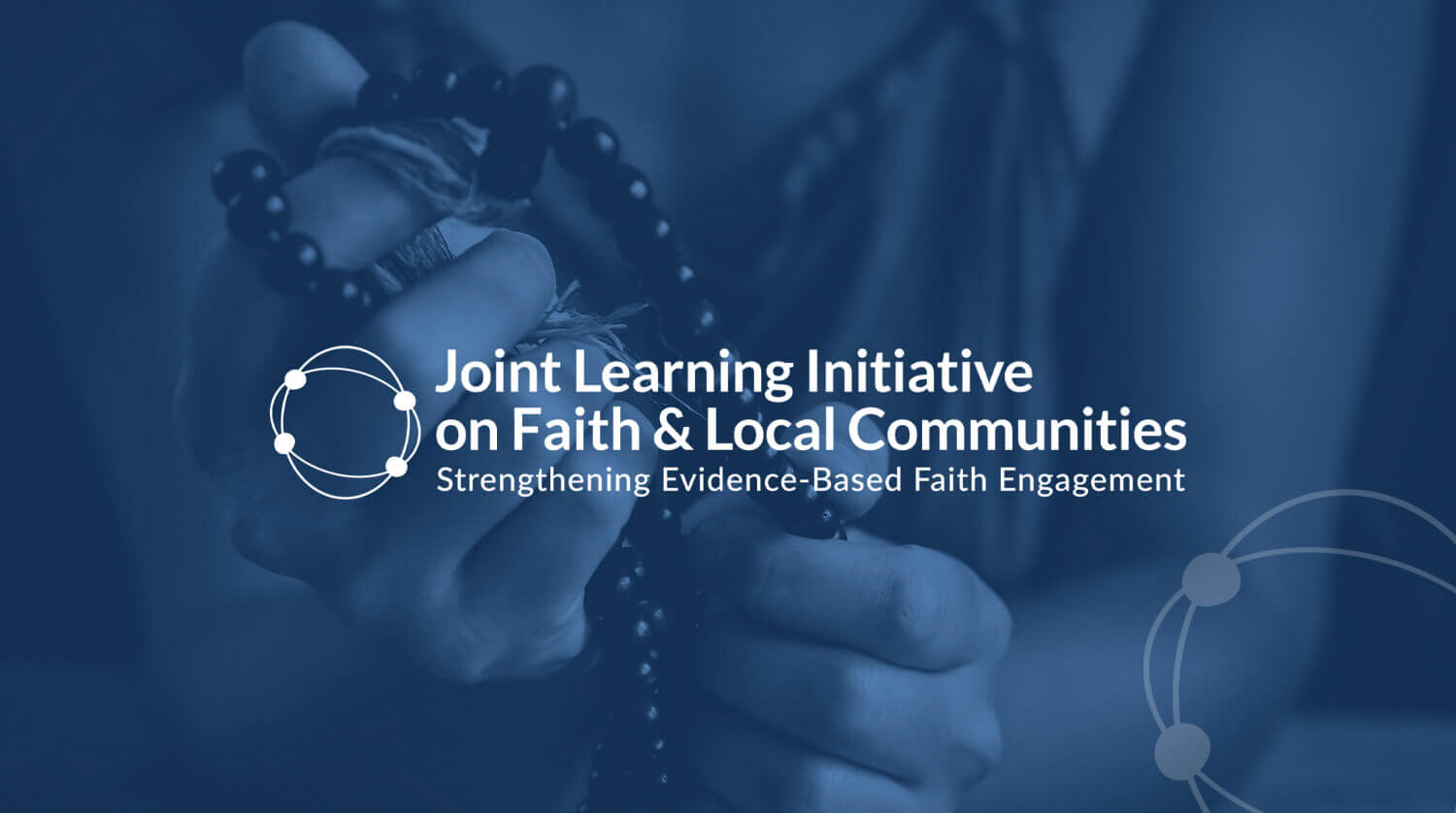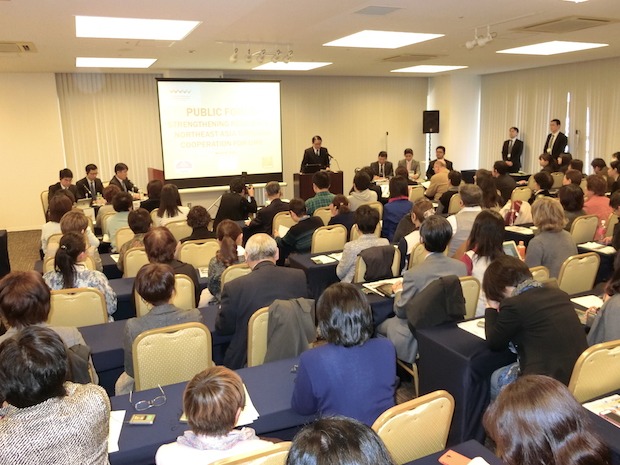A trilateral forum between Japan, China and the Republic of Korea was held March 14-18 in Sendai, Japan, to create a new framework for the next 15 years (2015-2030) to reduce the risk of disasters that kill and destroy livelihoods.
The trilateral forum was one of the major events, organised by Soka Gakkai International (SGI), a lay Buddhist organisation based in Tokyo, during the WCDRR. It provided a platform for fostering people-to-people cooperation in Northeast Asia to reduce risks of disasters.
SGI also organised together with the ACT Alliance and Japan Religion Coordinating Project for Disaster Relief (JRPD) a symposium titled “Community based DRR (disaster risk reduction) from a faith-based perspective – sharing best practices.” This was a follow-up of a side event at the 6th Asian Ministerial Conference for Disaster Risk Reduction (AMCDRR) held in June 2014 in Bangkok, Thailand.
ACT Alliance’s General Secretary John Nduna said that the role of faith-based organizations (FBOs) in disaster risk reduction is not always recognized and that international frameworks such as the Hyogo Framework for Action (HFA) only have impact when they benefit the people at the grassroots level.
Nobuyuki Asai, chair of the Soka Gakkai Youth Peace Conference, spoke on the capacity of FBOs to mobilize existing community networks and to protect the vulnerable in times of emergency.
On March 16, as an outcome document of the symposium, 13 FBOs issued a statement in which they called on governments to recognize the unique role of Local Faith Communities (LFCS) and FBOs, and to give priority to the engagement and collaboration of both in the implementation of the post-2015 framework on DRR.
Two days later, Kimiaki Kawai, Program Director of Peace Affairs for SGI, gave a presentation at the WCDRR’s IGNITE Stage on Soka Gakkai’s relief efforts in Tohoku following the Great East Japan Earthquake. He highlighted the ability of FBOs to utilize their existing networks of communication and their local facilities in disaster response. He emphasized that the strengths and resources of FBOs could complement those of other DRR stakeholders.
The importance of FBOs was underlined by the Pew Research Center in 2012, when it found that faith, in all its forms, constitutes a natural and important element in the lives of billions of people with over 84 percent of the world identifying with a religious group. Faith drives people to take action.
Kimiaki said there are numerous good examples of the added value of LFCs and FBOs in responding to disasters all over the world, including the Ebola crisis in West Africa, conflict in South Sudan and Central African Republic, the Great East Japan Earth Quake, Cyclone Pam in Vanuatu, and the flooding in southeast Asia.
Read the original article from InDepthNews here, and view the FBO joint statement on the role of FBOs in disaster relief here.







